MEET OUR CODE_N CONTEST FINALISTS 2018: Cybus from Germany
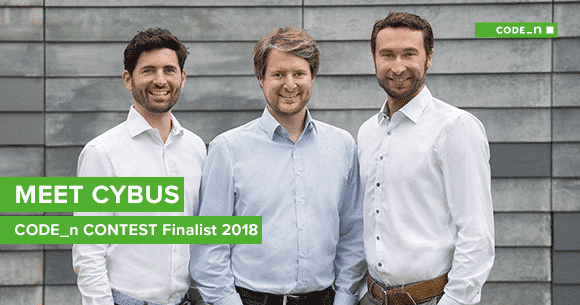 Our CODE_n FINALIST Cybus is a high-tech startup based in Hamburg, Germany, providing companies with a universal connection for digital shop floors and industrial data-driven services through their software Cybus Connectware. Its technology is a cutting-edge solution for the Internet of Things, an innovative and advanced field with the potential to completely alter the way companies do business. With Cybus Connectware connecting any physical or virtual objects together through information and communication technologies, companies can customize the software to utilize and more efficiently translate, compute and distribute systems and commands between machines and software applications. In our interview with CEO and managing director Pierre Manière we learn more about how Cybus Connectware operates and how it is revolutionizing production for industrial data-driven services.
Our CODE_n FINALIST Cybus is a high-tech startup based in Hamburg, Germany, providing companies with a universal connection for digital shop floors and industrial data-driven services through their software Cybus Connectware. Its technology is a cutting-edge solution for the Internet of Things, an innovative and advanced field with the potential to completely alter the way companies do business. With Cybus Connectware connecting any physical or virtual objects together through information and communication technologies, companies can customize the software to utilize and more efficiently translate, compute and distribute systems and commands between machines and software applications. In our interview with CEO and managing director Pierre Manière we learn more about how Cybus Connectware operates and how it is revolutionizing production for industrial data-driven services.
Jessica: What is Cybus all about?
Pierre: Cybus offers the simplest solution for collecting, managing, and using machine and process data efficiently, securely, and transparently in manufacturing – for both internal and external purposes. Our primary product, Cybus Connectware, is locally installed and managed software that connects all possible data from machines, components, and sensors with all potential users of this data. Our users retain data sovereignty and can systematically connect all their machines, sensors, and external service providers. Users include operators of internal monitoring, maintenance, and planning and control systems, as well as external providers such as machine manufacturers or third-party maintenance service providers. We mainly focus on factories in the metalworking and automotive industries, but our software is universal and can be applied across industries – in aerospace, energy, and healthcare, to name a few.
We are the only provider in the German-speaking region with a fully integrated and usage-independent approach for end-to-end connectivity and data orchestration – with almost complete flexibility and adaptability (avoids lock-ins to specific hardware or software applications and clouds). We offer both an integration platform and a gateway for remote data sharing and are unique in offering detailed access rights management at data point level. Our solution uses a simple interface (API) and fulfils all key networking tasks: security, translation between machines and software applications, edge computing, and distribution in systems such as databases, applications, or the cloud.
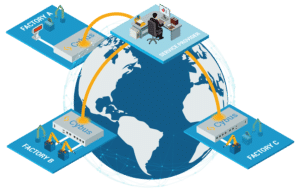
Jessica: How did you come up with the idea?
Pierre: Although Marius, Peter, and I founded Cybus three years ago, we have been working together for more than eight years. We met in Hamburg and found that we all share the same passion for sailing. We started out by setting up the first boat-sharing platform in Germany after work. We had an entire telemetry system, an automatic rental and return process, etc. Back then, we didn’t call it the Internet of Things (IoT).
This is where we developed and put into practice the key concepts that we later applied to Cybus. These concepts helped adapt the Cybus method to technology, business, and corporate situations.
Jessica: What are you trying to solve?
Pierre: Our aim is to harness the power of the internet for the good of the world of manufacturing, while at the same time making sure users have full control over their data.
With our software, customers can connect machines with other production lines and IT systems or integrate machines into existing IT landscapes up to 90% faster. They can also cut crucial reaction times and data transfer and storage costs, build customized systems, and separate data management from applications.
Cybus helps manufacturers optimize their production and make their IT/OT easy to manage. It also empowers them to use their shop-floor data from different sources in different applications in the easiest way possible.
The benefit to manufacturers is that they can do all of this while still keeping local control over their data, taking a forward-looking approach to digitalization – in terms of scalability, security, and data governance.
This is also advantageous for external service providers. First, customers are more likely to sign on to services because they can keep local control of the data. Second, service providers can focus fully on their application and not on the nitty-gritty of IT across different factories.
Jessica: You provide cutting-edge solutions for mid-sized companies. What do you think about how far the industry has come and how is it taking advantage of the IoT? Is there more to come or are we already there in terms of digitalized manufacturing?
Pierre: The Industrial Internet of Things (IIoT) is a revolutionary and progressive field by nature and has great potential to completely alter the way the companies do business. In recent years we have seen a major boost in genuine interest in the IIoT. To be honest, most manufacturers are still just watching on or tinkering around. A select few really are working on and with the possibilities of the IIoT. Collaborating with the innovators who are pioneering in the field is absolutely fantastic and every day we are drawing new motivation from this chance to build the future together.
Regarding the last part of your question, I would say yes, there is much more to come in terms of digitalized manufacturing. But don’t expect any big bangs. It’s the little steps that will transform the industry.
Jessica: Thanks a lot for the interview, Pierre!
Meet Cybus at the new.New Festival 2018 this fall, in Stuttgart!


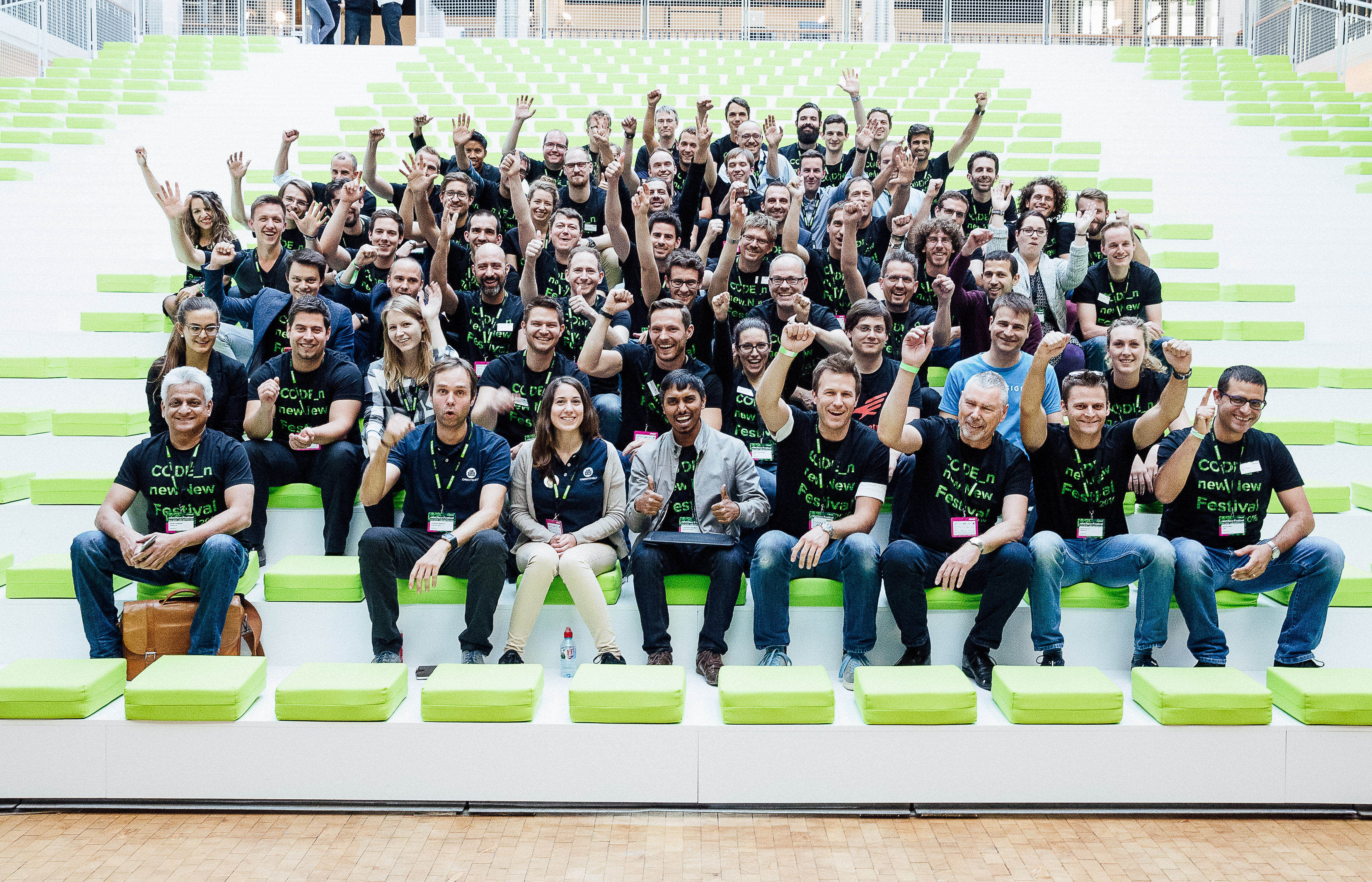

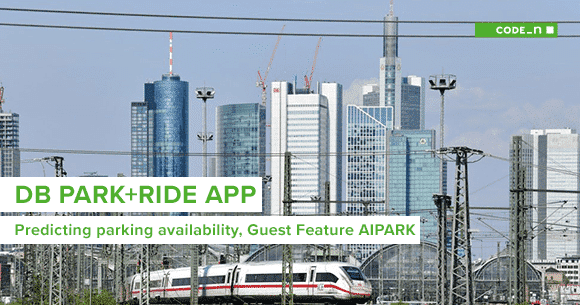
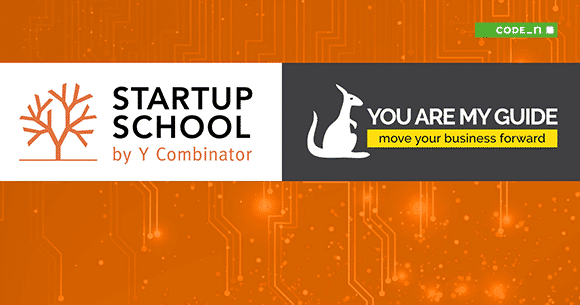
Write a comment